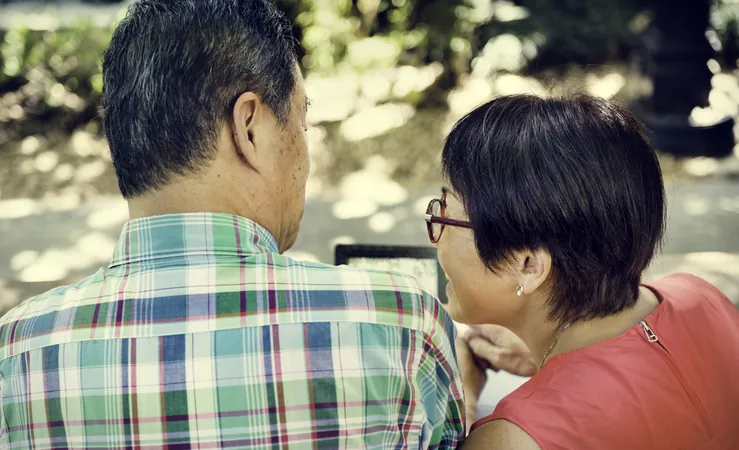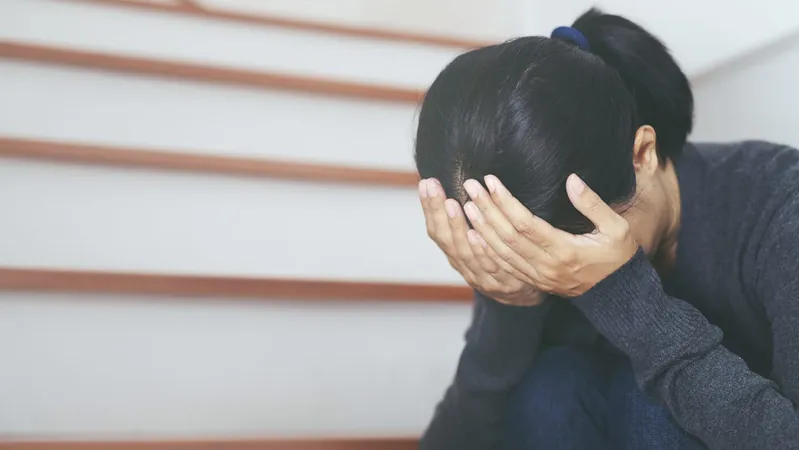
Is Caring for Elderly Parents the Unwritten Duty of Unmarried Children in Singapore?
2024-11-24
Author: Yu
SINGAPORE: A thought-provoking post on a local forum sparked a lively discussion this past Tuesday (Nov 19) about the societal expectations surrounding the care of elderly parents. A netizen raised the question: “Is it true that for most Singaporeans, the responsibility of looking after elderly parents is almost always handed to the child or sibling who did not get married?”
Reflecting on conversations with friends and colleagues, the poster observed that this sentiment seemed to resonate widely, particularly among those whose siblings have opted for elder care facilities. He expressed a sense of injustice, declaring, “It just feels like an automatic dumping ground for singles to become caregivers if you choose the road of singlehood.”
This discussion taps into a deeper social context. According to The Straits Times, a recent survey conducted in December 2023 indicated that three out of four respondents regularly send financial support to their aging parents. The online survey, which polled 1,000 people, revealed that nearly 50% of those who provide assistance contribute between S$300 and S$500 monthly. This data underscores the strong cultural emphasis on filial piety that remains deeply ingrained in Singapore’s societal values.
Participants in the forum shared their experiences and insights on the topic. One user illustrated what they termed a “caregiving hierarchy”: “No…the ‘hierarchy’ goes like this: (1) The single daughter, (2) The married daughter without kids, (3) The married daughter with kids, then the sons maybe will take care.”
Another forum participant, who had previously worked on a local elder care research project, confirmed that single children often bear the brunt of caregiving duties. “Some were only children, so there was no choice,” they noted. “Even among those with siblings who are married, it often led to an implicit expectation that the responsibility would default to the single sibling. Many ended up feeling burdened, leading to resentment and sadness due to this unspoken obligation.”
The implications of this topic extend beyond individual families, hinting at a broader societal pattern where expectations for elder care fall disproportionately on unmarried children. As Singapore’s demographic landscape evolves, with increasing numbers of singles and a rising elderly population, this issue raises crucial questions about how communities can better share caregiving responsibilities and honor the needs and aspirations of all family members.
Is Singapore on the verge of a caregiving crisis? As these conversations continue, it’s evident that the dialogue surrounding elder care dynamics in families is far from over—what do you think?




 Brasil (PT)
Brasil (PT)
 Canada (EN)
Canada (EN)
 Chile (ES)
Chile (ES)
 España (ES)
España (ES)
 France (FR)
France (FR)
 Hong Kong (EN)
Hong Kong (EN)
 Italia (IT)
Italia (IT)
 日本 (JA)
日本 (JA)
 Magyarország (HU)
Magyarország (HU)
 Norge (NO)
Norge (NO)
 Polska (PL)
Polska (PL)
 Schweiz (DE)
Schweiz (DE)
 Singapore (EN)
Singapore (EN)
 Sverige (SV)
Sverige (SV)
 Suomi (FI)
Suomi (FI)
 Türkiye (TR)
Türkiye (TR)